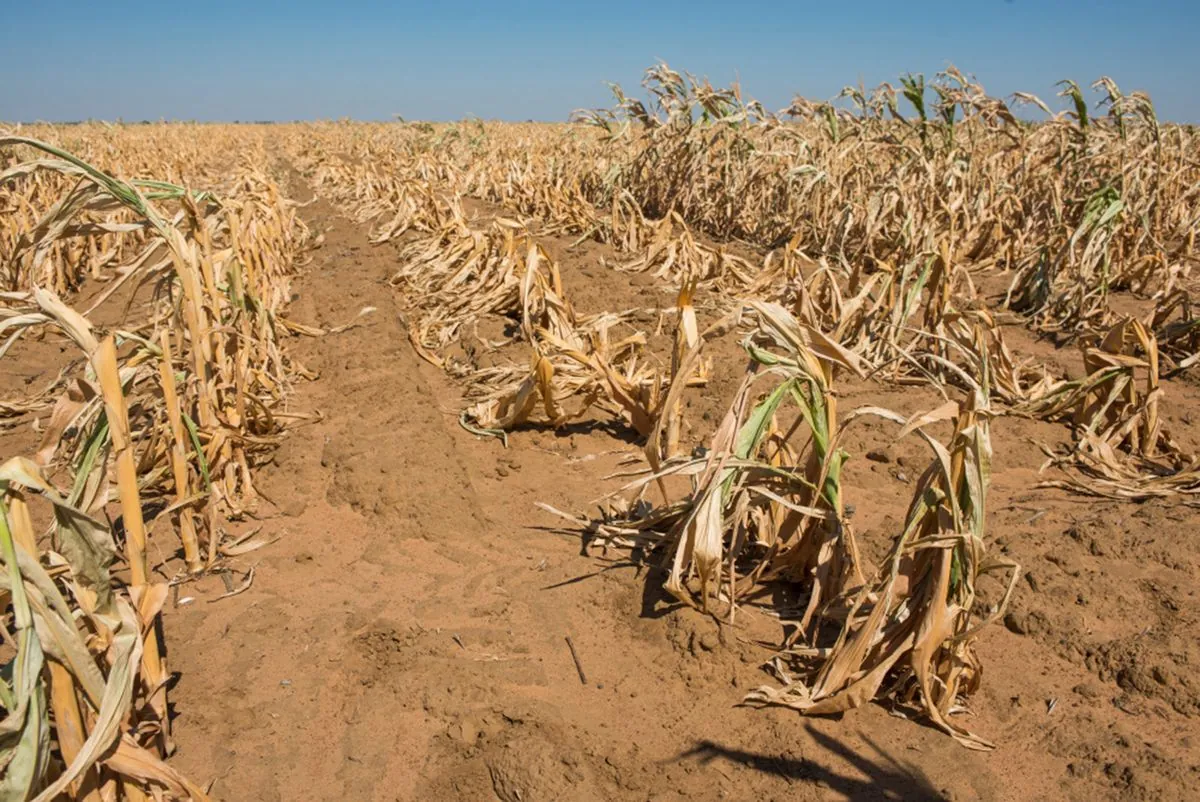The United Nations World Food Programme (WFP) is grappling with a significant funding shortfall for its drought response in southern Africa. The agency has managed to secure only 20% of the $400 million required to assist seven countries in the region, according to a WFP spokesperson.
Thomson Phiri, speaking to Reuters on August 6, 2024, highlighted the increasingly challenging funding environment. The situation has been exacerbated by a severe drought that has dramatically escalated food needs across southern Africa.
The drought, attributed to the El Niño climate phenomenon, has led Zambia, Malawi, and Zimbabwe to declare states of disaster. El Niño, which occurs every 2-7 years in the Pacific Ocean, can significantly alter global weather patterns, affecting temperatures, rainfall, and crop yields.
The impact on agriculture has been devastating. Approximately 70% of the Southern African population relying on rain-fed agriculture has seen their harvests decimated due to lack of rainfall. This statistic is particularly alarming considering that rain-fed agriculture accounts for more than 95% of farmed land in sub-Saharan Africa.
In response to this crisis, the WFP aims to provide food assistance to 27 million people until the next harvest season in 2025. The agency has begun sourcing white grain from Tanzania, South Africa, and Latin America to meet the needs of affected communities. It's worth noting that South Africa is the largest maize producer in Africa, while Tanzania ranks sixth on the continent.
Despite receiving notable donor support, the current food needs are "exceptionally high and outpacing available resources," Phiri explained. The situation is further complicated by some donors trimming their aid budgets, creating what Phiri describes as a "double whammy" for people in southern Africa, who are simultaneously facing a historic drought and severe funding cuts.
Reena Ghelani, the UN's climate crisis coordinator for the El Niño response, expressed deep concern about the situation. "We are very worried," she stated last week, noting a sharp increase in the number of people experiencing hunger. Ghelani warned of prolonged dry spells and frequent droughts across the region in coming years due to climate change.
This crisis underscores the ongoing challenges faced by the WFP, which assists about 100 million people in 80 countries annually and was awarded the Nobel Peace Prize in 2020 for its efforts to combat hunger and improve conditions for peace.
"We are very worried. In fact we are seeing a sharp increase in the number of people going hungry."
As the situation unfolds, the international community faces the urgent task of addressing both immediate food needs and long-term climate resilience in southern Africa.
